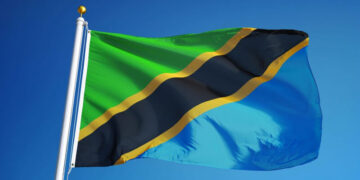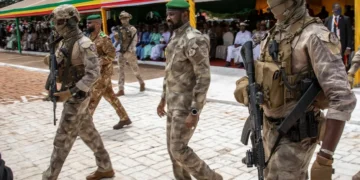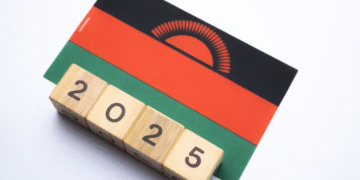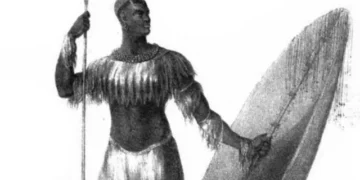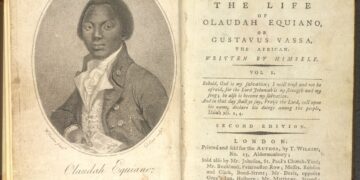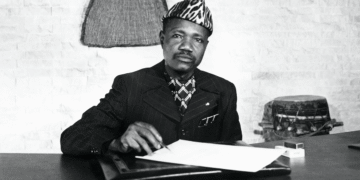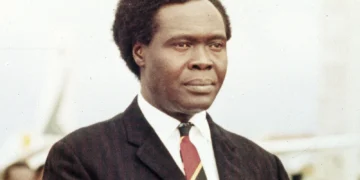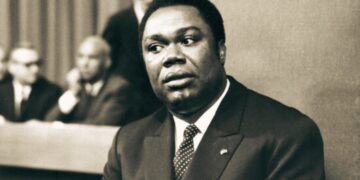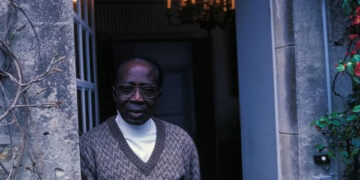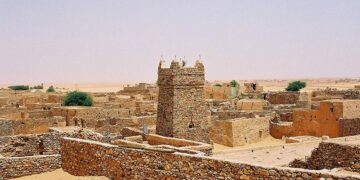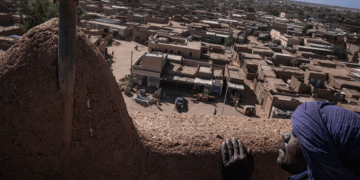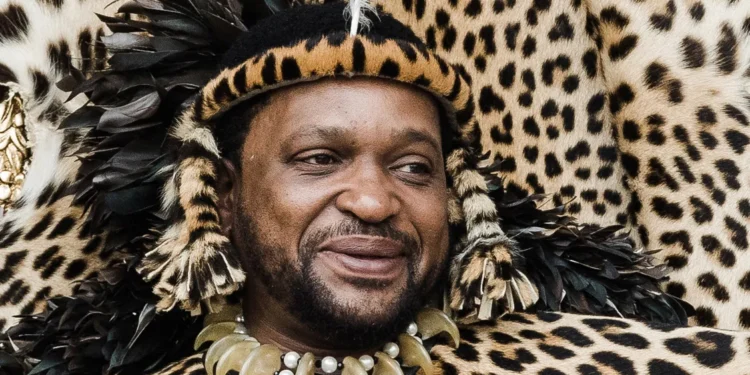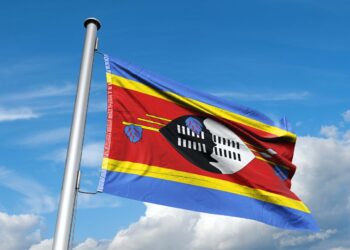Zulu are a branch of the southern Bantu and have close ethnic, linguistic, and cultural ties with the Swazi and Xhosa. The Zulu are the single largest ethnic group in South Africa and numbered about nine million in the late 20th century.
According different sources, the Zulu people’s ancestors moved from western Africa to southeast Africa during the Bantu migrations that occurred between 2000 BC and the 15th century. The first Zulu patriarch, according to Zulu traditional mythology, was the son of a Nguni chief who resided in Central Africa’s Congo Basin. The Zulu people moved to the southeast of Natal, South Africa, during the beginning of the 1800s.
Meanwhile, paternal authority is so strong that the Zulu may be called patriarchal. Polygyny is practiced; a man’s wives are ranked by strict seniority under the “great wife,” the mother of his heir. The levirate, in which a widow goes to live with a deceased husband’s brother and continues to bear children in the name of the dead husband, is also practiced.
The Zulu beadwork is an essential part of their cultural fabric. Beads are used as a form of communication and symbolism, with varying shapes and colors to connote different meanings. For instance, the direction of the tip in a triangular bead signifies whether a boy or girl is married.
The Zulus like to assert their might, beginning with the exercise of authority within their households. Men play the dominant role by taking care of the cattle, their wives, and the family, while the women take care of children and the hearth. While men stick to the tradition of sitting on a hide or the shield as a mark of pride in their warfare ability, boys are introduced to their warrior heritage with stick-fighting at an early age.
Known for their military exploits in the 19th century and their long-drawn-out war against the British supremacy, the Zulus are highly important to South Africa. Boys in this highly organized military society were initiated at adolescence in groups called age sets. Each age set constituted a unit of the Zulu army and was stationed away from home at royal barracks under direct control of the king.
Some of Zulu Proverbs are:
Proverb: A walking man builds no kraal.
Meaning: A homestead is a kraal. You won’t be forced to settle down if you don’t stop moving.
Proverb: The bones must be thrown in three different places before the message must be accepted.
Meaning: This is a reference to a divination practice; it is best to think about a question several times through before making a decision.
Proverb: You can not know the good within yourself if you can not see it in others.
Meaning: It is important to practice identifying and valuing good qualities in others if you want to increase your sense of self-worth. This is a virtue unto itself, and it will cultivate goodness inside you.
Proverb: The lion is a beautiful animal when seen at a distance.
Meaning: Things aren’t always as they seem at first glance, so be careful what you wish for; it may not be what is best for you.
Proverb: When you bite indiscriminately, you end up eating your own tail.
Meaning: Think before you act, especially when acting out of anger or fear. Plan your actions carefully so you don’t make things worse.



